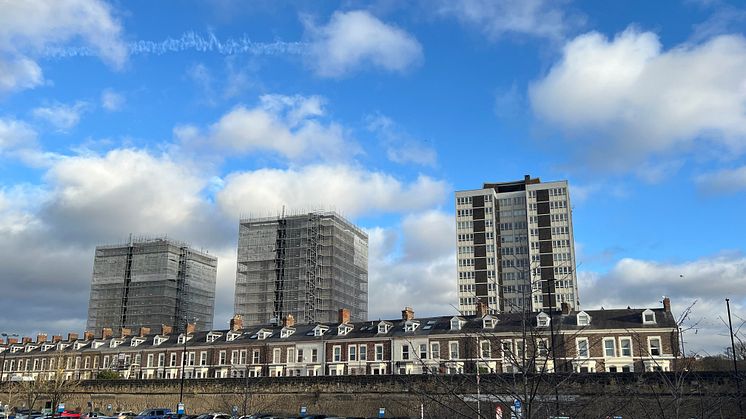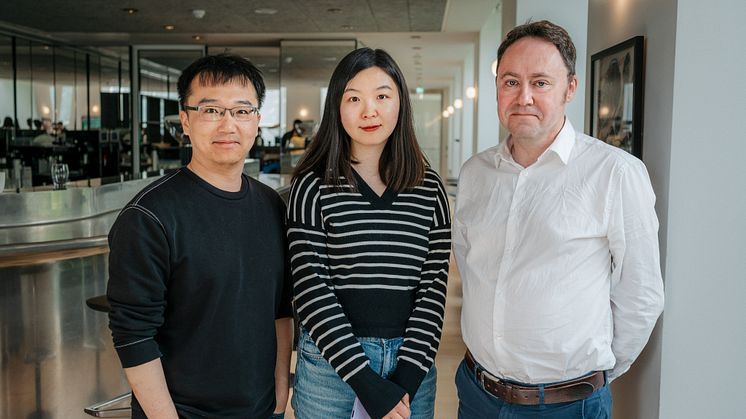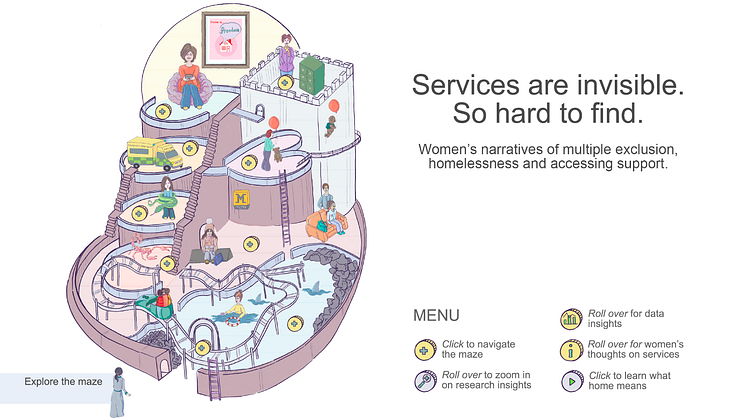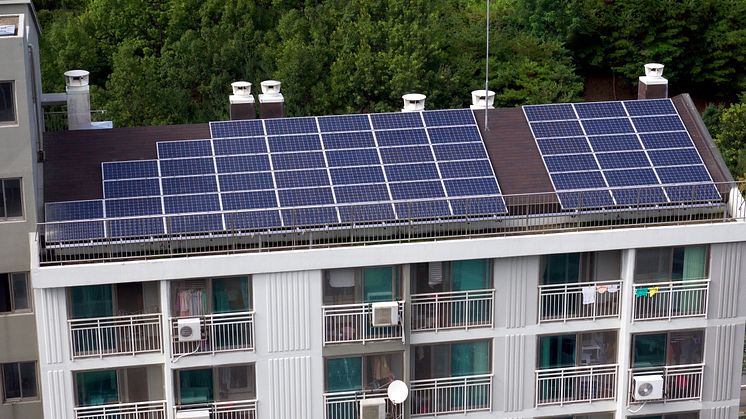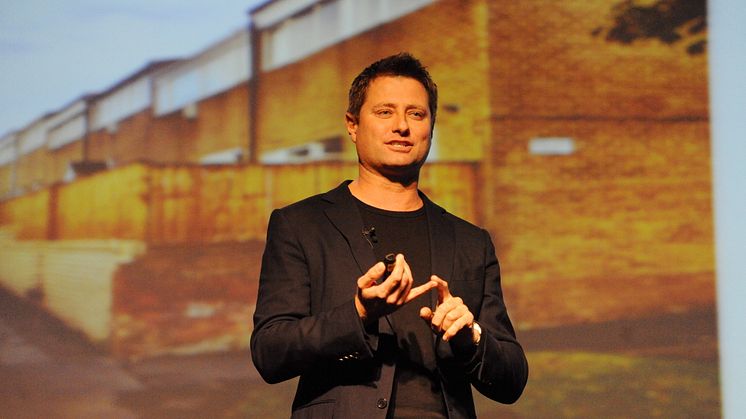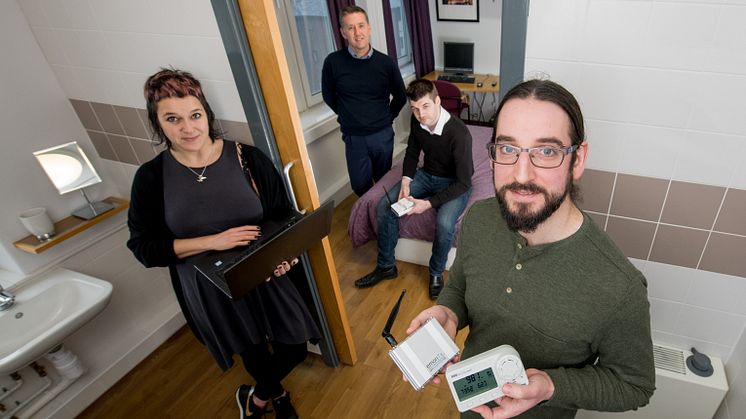Tougher action on criminal landlords needed to overhaul failing system
New research involving a criminology expert from Northumbria University has found councils and police forces across the UK are failing to crack down on criminal landlords operating at the margins of the private rented sector.

